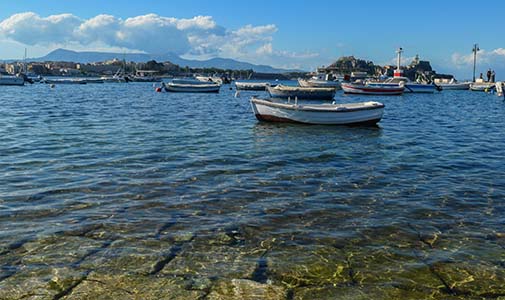
Your Right to a Second Passport Through Family Ties
Subscriber Login - Not A Member Yet? Click Here Email Address Password Remember Me Forgot Your Password?

Subscriber Login - Not A Member Yet? Click Here Email Address Password Remember Me Forgot Your Password?
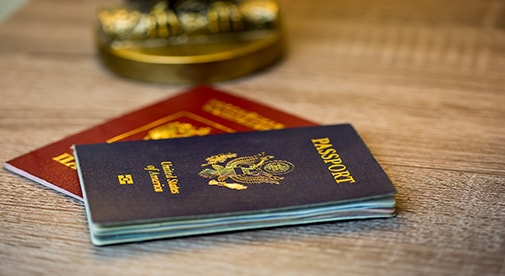
The UN High Commission on Refugees estimates that today there are nearly 25.4 million refugees, over half of whom are under the age of 18, and 3.1 million asylum seekers, including an estimated 10 million stateless people who have been denied a nationality. These many millions of people are seeking a new home in a Read more...: Citizenship Is Under Siege, Consider a Second Passport
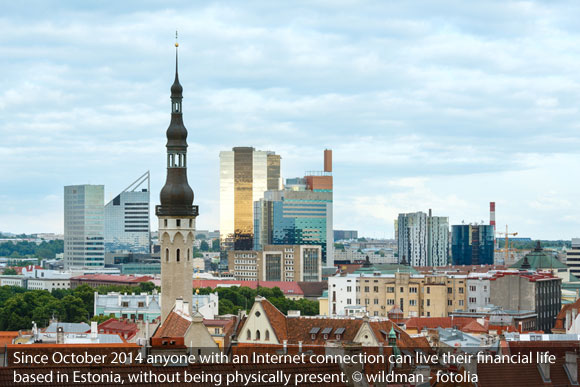
In October 2014, the tiny Baltic country of Estonia invited people worldwide to register as “e-residents,” opening its digital borders and moving toward a world in which a person’s identity online matters just as much as their identity offline. The eastern European country invited anyone, anywhere, to open a bank account or start a business there. This means that now, anyone with an Internet connection can live their financial life based in Estonia, without being physically present—which is great for business and investment.

In the United States, Suze Orman is a popular financial guru on public television. Typical of her advice: “A big part of financial freedom is having your heart and mind free from worry about the what-ifs of life.” One of the best ways to minimize the “what-ifs” and the worry that goes with them is with a trust.
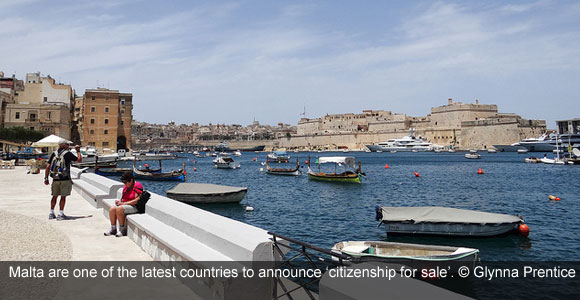
Big-spending, deep-in-debt governments everywhere are looking for money. So national tax collectors have dusted off variations on an old scheme they hope will attract foreigners and bring in cash. It’s called “economic citizenship”—better described as “passports for sale.”
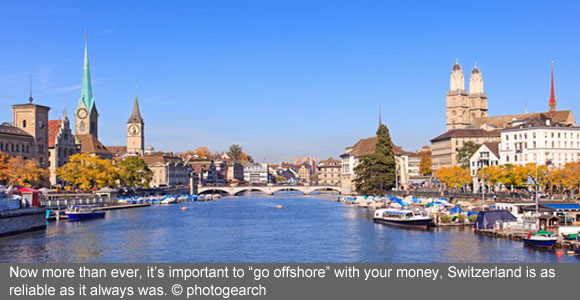
Those of us who are sensitive to tax, financial, and regulatory events, both in the U.S. and offshore, see some disturbing developments toward currency and other financial controls. Taken together, these developments may well signal evacuating before exits are blocked.
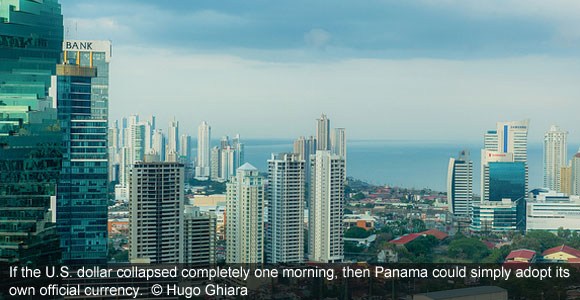
What happens to Panama if the U.S. dollar dies? I have heard this question many times—and with good reason.
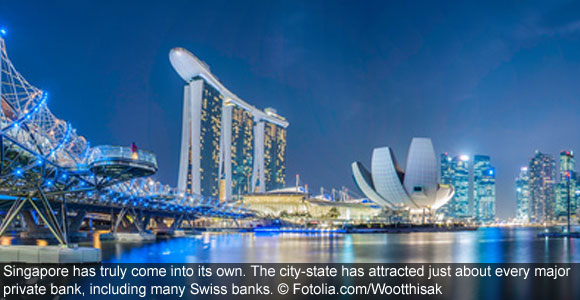
As other nations relax bank secrecy, the island nation of Singapore has embraced it. If you are looking for strong banking and business laws in a highly-regulated environment and ultra-secure storage, look no further.
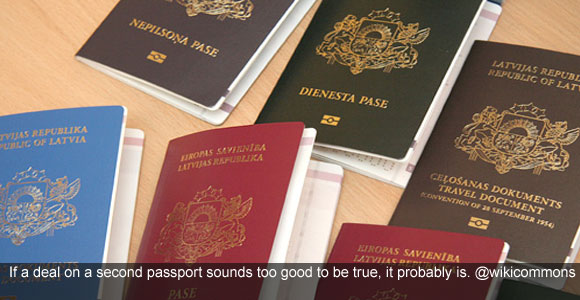
A few years ago, I spied some classified advertisements in the late International Herald Tribune and The Economist, promising to provide a “European-Union passport, fully registered and renewable” for only $19,500. A contact telephone number in Ireland was listed. So I rang it.

Elderly Americans may long ago have heard the quaint expression “sound as a dollar.” It was a prideful phrase that referred to the strength of the American currency, and you certainly don’t hear it any more. The sound dollar began disappearing with Woodrow Wilson and the 1912 Federal Reserve Act.